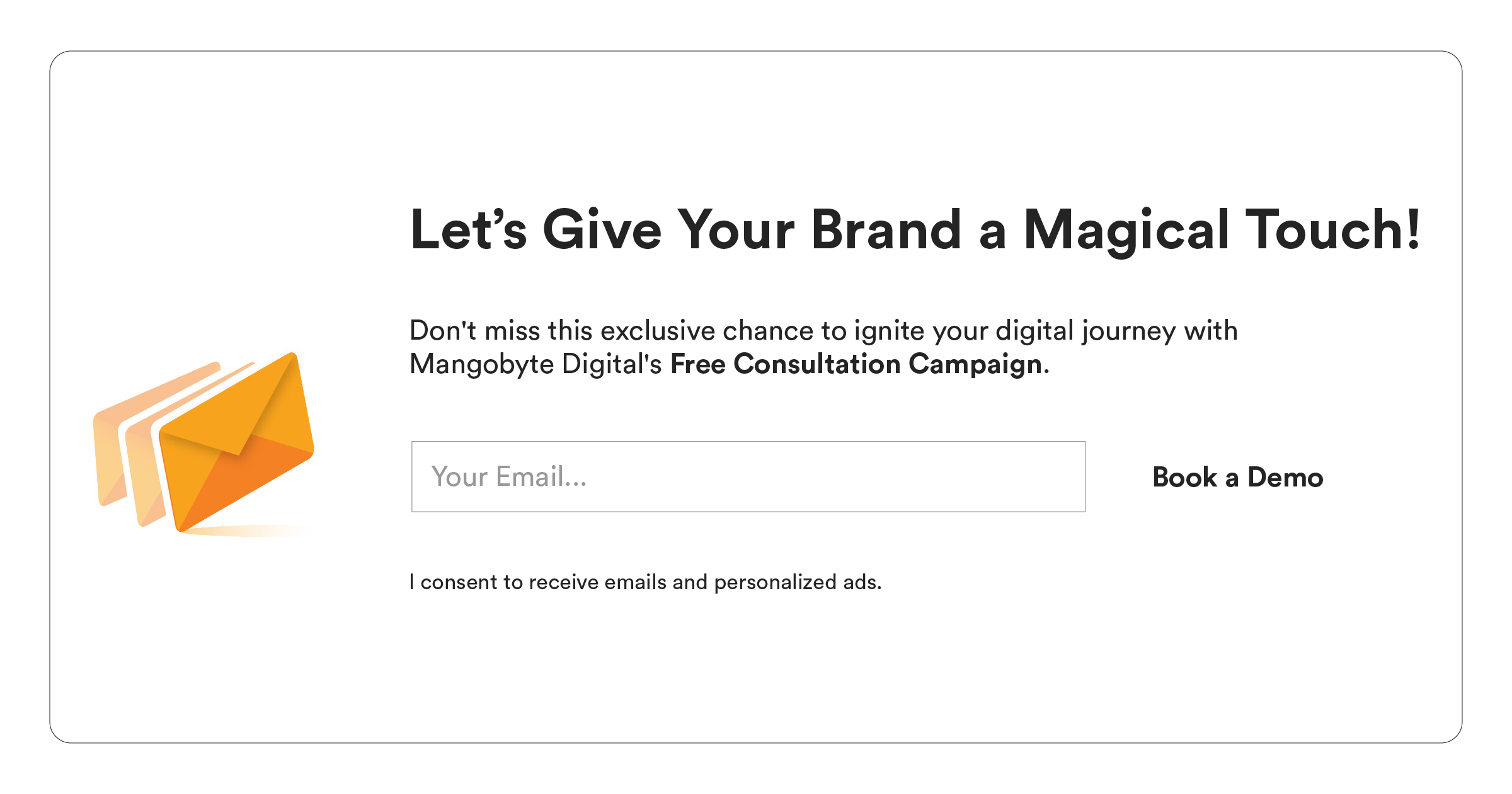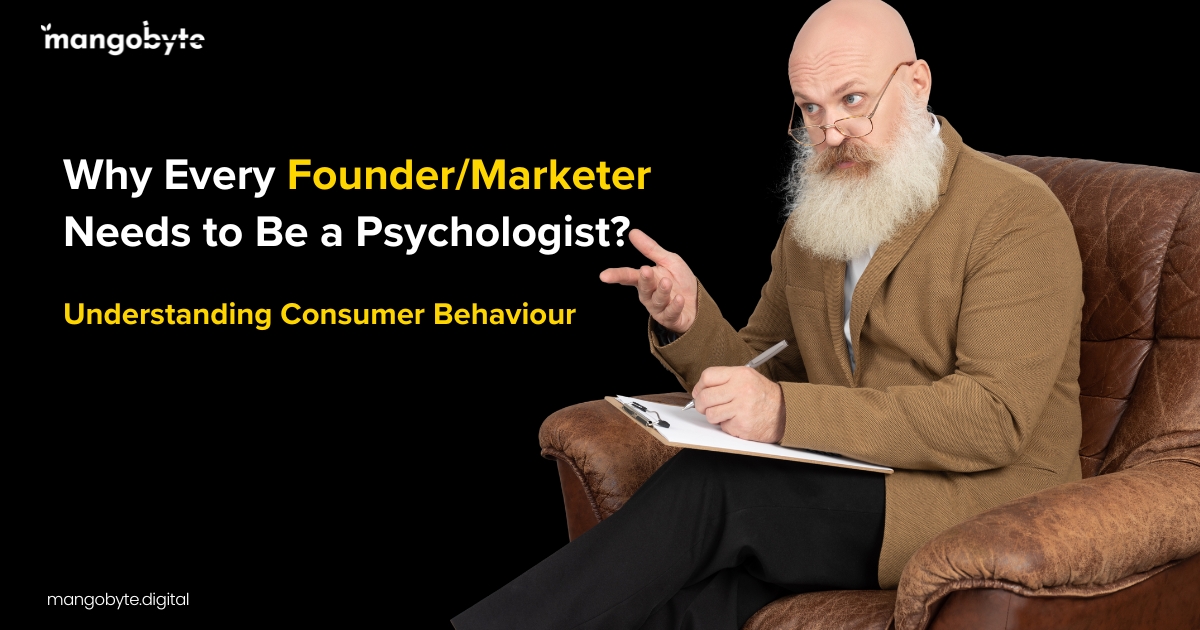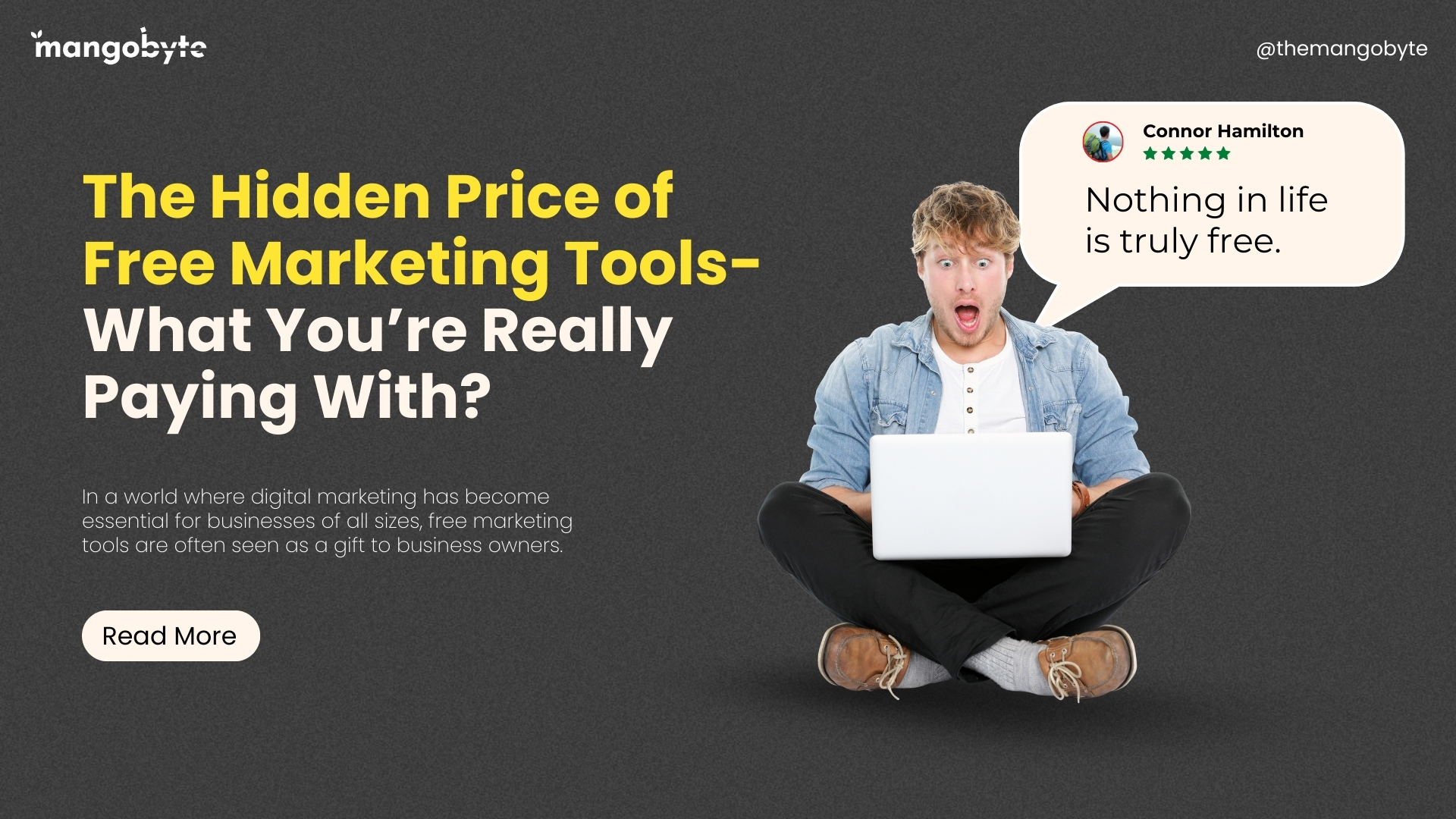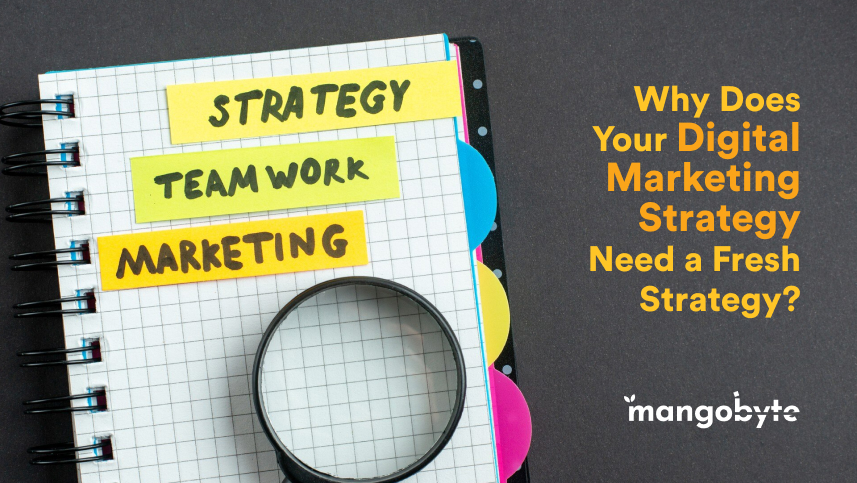In the ever-evolving world of marketing, marketers must be mindful of their every move. And where data stands supreme, it’s easy to overlook the human aspect at the core of every sale. Like Seth Godin said, “Don’t find customers for your products, find products for your customers.” Marketing is not just about conveying a message to a broad audience but having a meaningful connection with them. Similarly, understanding human emotions is the biggest challenge in marketing. Being a marketer you also have to be a consumer psychologist to understand the hidden desires, motivation and thought processes that drive purchasing decisions.
Simply said, marketing psychology is the process of researching to understand why people think and act the way they do.
So how can we apply psychology in marketing?
Consumer Motivation
Recognise the needs that your product or service satisfies (such as fundamental needs, social needs, and self-actualization). Tailor your messaging to emphasise how you fulfil these needs.
Take, for instance, how a luxury brand might prioritise the desires for status and esteem, while a health product would place a strong emphasis on safety and wellness. Beyond solving problems, customers are driven by a desire to fulfil their needs and aspirations. Great marketing taps into that.

Emotional Connection
Another way is to deeply connect with your customers on an emotional level. Craft your message with compelling stories, eye-catching imagery, and powerful words. After all who doesn’t want to hear a story right?
By creating a profound connection with your audience marketers can form long-lasting relationships with their customers.

Brands like Coca-Cola integrate happiness and togetherness into their campaigns, fostering a positive emotional connection with their products.
Scarcity and Urgency
As you walk down the street, your attention is caught by a sign that says “LIMITED OFFER.” Despite not having any immediate need for the product, you still take a moment to glance at it or even enter the shop. And that’s when customers start to feel a sense of urgency which makes them act accordingly.

Buyer psychology also focuses on the idea that consumers place a higher value on limited products. For example, some companies release products in small batches which creates a sense of scarcity. As soon as the product launches, they tend to buy it quickly as they don’t want to miss out.
However, this technique should be used strategically & ethically by a marketer without creating a false hope.
Anchoring Bias
Anchoring bias occurs when people base their judgements on the initial item of information (the “anchor”).
Marketing uses customer perceptions and behaviour using this bias. A seller may start with a high-priced item to create a benchmark, making lower-priced things look more appealing.
For example: An electronics retailer sells a laptop and accessories combo for $1,200, compared to $1,000 for the laptop alone. Here, the standalone laptop price anchors the customers leading them to buy the combo.
Reciprocity
In marketing psychology, reciprocity is the power of give and get. Marketers offer something valuable to the customers such as free subscriptions, samples and free trials. This act of generosity urges a feeling of obligation for customers to purchase a product or service.
This subtle psychological technique helps to build trust, foster loyalty, and ultimately increase sales. It’s a mutually beneficial situation for both the brand and the customer.

Key Takeaways
- Understand your customers’ needs because as a marketer you should revolve around them.
- Simply follow the rule of FOMO which means creating a sense of scarcity & urgency.
- Connect with the customers on an emotional level to develop long-lasting relationships.
- Build trust and credibility through testimonials, reviews, and influencer partnerships.
- Segment your audience and tailor your messages to their specific needs & preferences.
Conclusion:
By incorporating psychological principles into their marketing principles, marketers can gain a deep understanding of their customers’ behaviour.
Recognising the importance of a psychologist’s role in marketing can greatly improve consumer relationships and contribute to the overall growth and success of a business.
Remember being a marketer you need to be a scientist, artist and even a psychologist!

So, are you ready to elevate your marketing strategy with a deeper understanding of your consumer behaviour?
Contact us today and let’s create campaigns that not only resonate but also engage and convert.
Explore the power of psychology with our team of experts by side!




